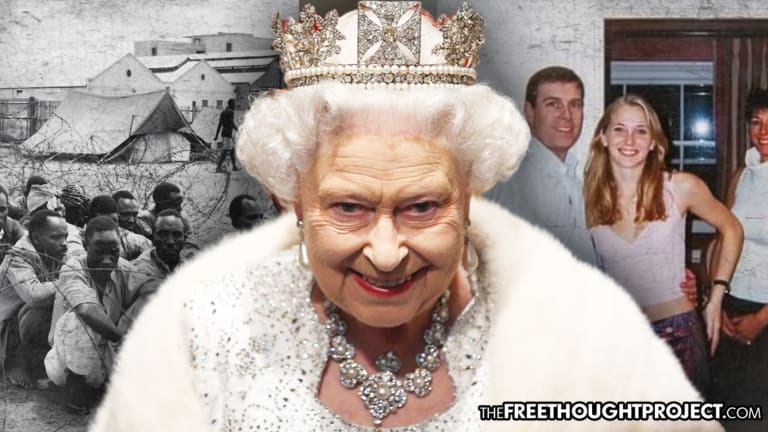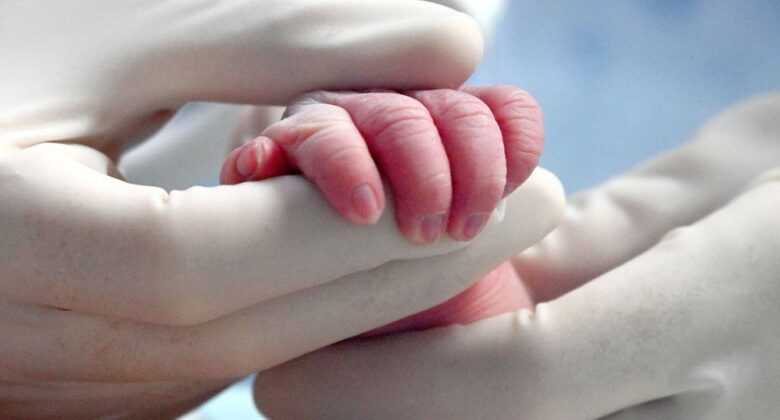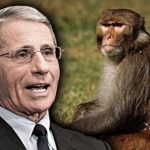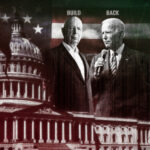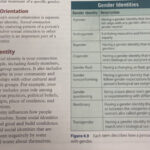In one of history’s more absurd acts of totalitarianism, China has banned Buddhist monks in Tibet from reincarnating without government permission.
According to a statement issued by the State Administration for Religious Affairs, the law, which goes into effect next month and strictly stipulates the procedures by which one is to reincarnate, is “an important move to institutionalize management of reincarnation.”
But beyond the irony lies China’s true motive: to cut off the influence of the Dalai Lama, Tibet’s exiled spiritual and political leader, and to quell the region’s Buddhist religious establishment more than 50 years after China invaded the small Himalayan country.
By barring any Buddhist monk living outside China from seeking reincarnation, the law effectively gives Chinese authorities the power to choose the next Dalai Lama, whose soul, by tradition, is reborn as a new human to continue the work of relieving suffering.
At 72, the Dalai Lama, who has lived in India since 1959, is beginning to plan his succession, saying that he refuses to be reborn in Tibet so long as it’s under Chinese control. Assuming he’s able to master the feat of controlling his rebirth, as Dalai Lamas supposedly have for the last 600 years, the situation is shaping up in which there could be two Dalai Lamas: one picked by the Chinese government, the other by Buddhist monks.
“It will be a very hot issue,” says Paul Harrison, a Buddhism scholar at Stanford. “The Dalai Lama has been the prime symbol of unity and national identity in Tibet, and so it’s quite likely the battle for his incarnation will be a lot more important than the others.”
China Tells Tibet’s Lamas to Obtain Permission Before They Reincarnate
“Tibet’s lamas have been banned from reincarnation without permission from China’s atheist leaders. The ban is included in new rules intended to assert Beijing’s authority over Tibet’s restive and deeply Buddhist people.
“The so-called reincarnated living Buddha without government approval is illegal and invalid,” according to the order, which comes into effect on September 1.
The 14-part regulation issued by the State Administration for Religious Affairs is aimed at limiting the influence of Tibet’s exiled god-king, the Dalai Lama, and at preventing the re-incarnation of the 72-year-old monk without approval from Beijing.
It is the latest in a series of measures by the Communist authorities to tighten their grip over Tibet. Reincarnate lamas, known as tulkus, often lead religious communities and oversee the training of monks, giving them enormous influence over religious life in the Himalayan region.
Anyone outside China is banned from taking part in the process of seeking and recognising a living Buddha, effectively excluding the Dalai Lama, who traditionally can play an important role in giving recognition to candidate reincarnates.
For the first time China has given the Government the power to ensure that no new living Buddha can be identified, sounding a possible death knell to a mystical system that dates back at least as far as the 12th century.
China already insists that only the Government can approve the appointments of Tibet’s two most important monks, the Dalai Lama and the Panchen Lama. The Dalai Lama’s announcement in May 1995 that a search inside Tibet — and with the co- operation of a prominent abbot — had identified the 11th reincarnation of the Panchen Lama, who died in 1989, enraged Beijing. That prompted the Communist authorities to restart the search and to send a senior Politburo member to Lhasa to oversee the final choice.
This resulted in top Communist officials presiding over a ceremony at the main Jokhang temple in Lhasa in which names of three boys inscribed on ivory sticks were placed inside a golden urn and a lot was then drawn to find the true reincarnation.
The boy chosen by the Dalai Lama has disappeared. The abbot who worked with the Dalai Lama was jailed and has since vanished. Several sets of rules on seeking out “soul boys” were promulgated in 1995, but were effectively in abeyance and hundreds of living Buddhas are now believed to live inside and outside China.
All Tibetans believe in reincarnation, but only the holiest or most outstanding individuals are believed to be recognisable — a tulku, or apparent body. One Tibetan monk told The Times: “In the past there was no such regulation. The management of living Buddhas is becoming more strict.”
The search for a reincarnation is a mystical process involving clues left by the deceased and visions among leading monks on where to look. The current Dalai Lama, the fourteenth of the line, was identified in 1937 when monks came to his village.
China has long insisted that it must have the final say over the appointment of the most senior lamas. Tibet experts said that the new regulations may also be aimed at limiting the influence of new lamas.”
Reference: HuffingtonPost;




